Saltwater sealer
jenspence
10 years ago
Related Stories
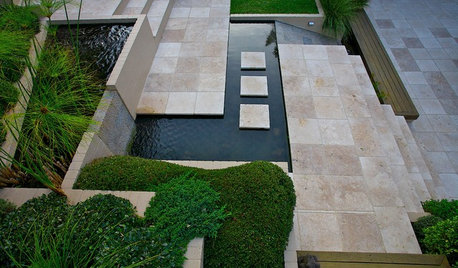
PATIOSLandscape Paving 101: Travertine Keeps Its Cool in Warm Climates
Travertine is a gorgeous paver for a pool surround
Full Story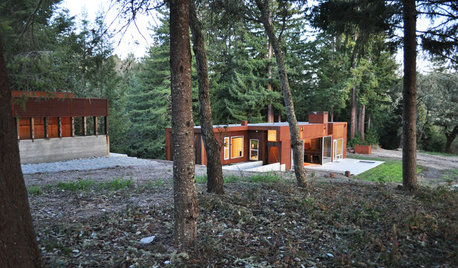
HOUZZ TOURSHouzz Tour: A Modern Getaway Nestled in the Trees
Nature views and bold materials star in a California vacation house for Chicago newlyweds
Full Story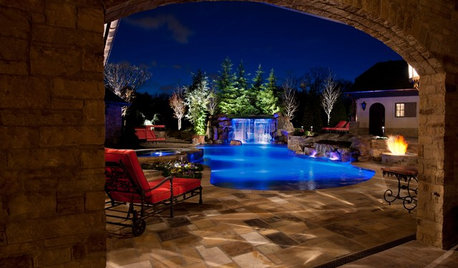
GARDENING AND LANDSCAPINGPool-Friendly Patio Materials
Get a pool patio to match your style at a price that doesn't leave you high and dry
Full Story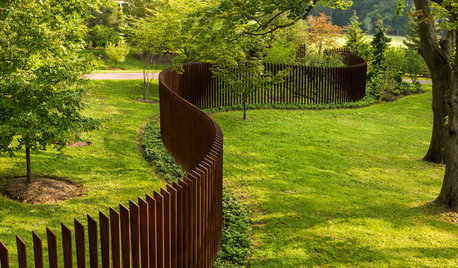
FENCES AND GATES12 Delightfully Different Garden Walls and Fences
If pickets seem picked over and you shrink from chain link, try these full-of-personality fencing alternatives
Full Story





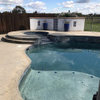

Chris
airb320
Related Professionals
Fallbrook Swimming Pool Builders · White Oak Landscape Architects & Landscape Designers · Chelmsford Landscape Contractors · Fair Lawn Landscape Contractors · Goodlettsville Landscape Contractors · Lemoore Landscape Contractors · Long Beach Landscape Contractors · Shoreview Landscape Contractors · Teaneck Landscape Contractors · Ansonia Landscape Contractors · Bellevue Decks, Patios & Outdoor Enclosures · Dracut Decks, Patios & Outdoor Enclosures · North Aurora Decks, Patios & Outdoor Enclosures · Novi Decks, Patios & Outdoor Enclosures · Santa Monica Decks, Patios & Outdoor EnclosuresChris
womanowned
airb320
jenspenceOriginal Author
Chris
airb320
Chris
airb320